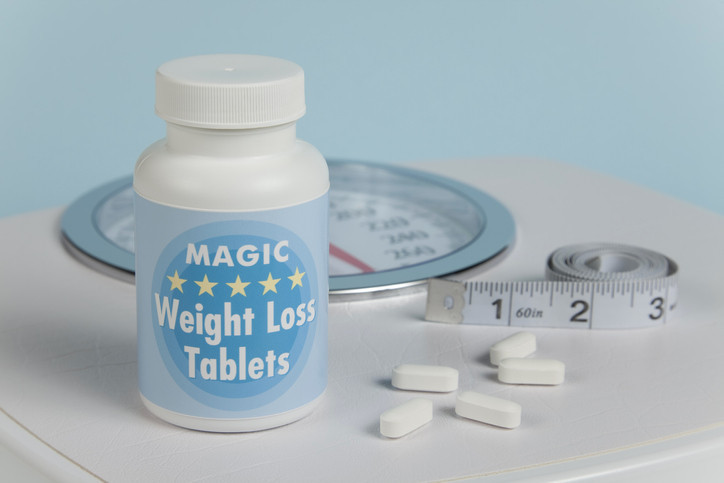
5 timeless habits for better health

What are the symptoms of prostate cancer?

Is your breakfast cereal healthy?

When pain signals an emergency: Symptoms you should never ignore

Does exercise give you energy?

Acupuncture for pain relief: How it works and what to expect

How to avoid jet lag: Tips for staying alert when you travel

Biofeedback therapy: How it works and how it can help relieve pain

Best vitamins and minerals for energy

Should you take probiotics with antibiotics?
Nutrition Archive
Articles
Fruit of the month: Stone fruits
More clues about the healthiest carb choices
High-glycemic diets could lead to big health problems
Returning to restaurants — and to healthy eating
Using weight loss or sports supplements? Exercise caution
Magical claims are made in ads for dietary supplements marketed to enhance well-being and solve health problems. But the reality is that most do little or nothing to improve your health, and in some cases weight loss or sports supplements might actually harm you.
By the way, doctor: Is spirulina good for you?
Potassium and sodium out of balance
The body needs the combination of potassium and sodium to produce energy and regulate kidney function, but most people get far too much sodium and not enough potassium.
Get savvy about sauces
Five a day for better health
The numbers add up for eating your five-a-day of fruits and vegetables

5 timeless habits for better health

What are the symptoms of prostate cancer?

Is your breakfast cereal healthy?

When pain signals an emergency: Symptoms you should never ignore

Does exercise give you energy?

Acupuncture for pain relief: How it works and what to expect

How to avoid jet lag: Tips for staying alert when you travel

Biofeedback therapy: How it works and how it can help relieve pain

Best vitamins and minerals for energy

Should you take probiotics with antibiotics?
Free Healthbeat Signup
Get the latest in health news delivered to your inbox!
Sign Up










